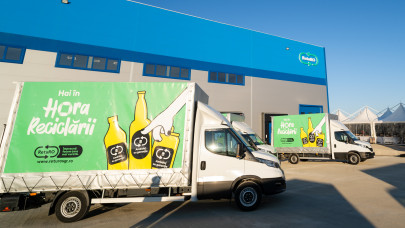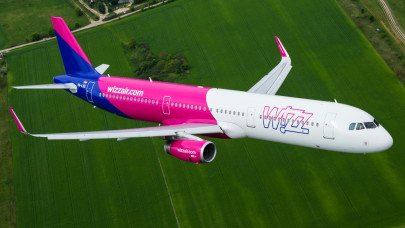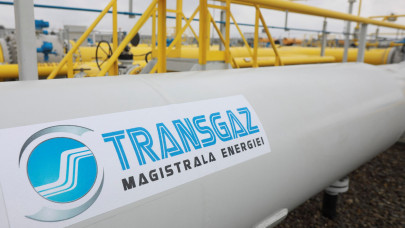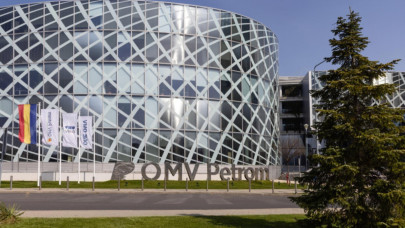The study reveals that most parents expect companies to take action on climate change and prioritize sustainable practices and purchases. HP has released its 22nd annual sustainability report, detailing the progress it has made to achieve its goal of becoming the most sustainable and equitable technology company.
The annual sustainability report details the progress the company has made to achieve bold social and environmental goals:
• Reduced its absolute carbon footprint by 18% since 2019. This brings the company closer to its goal of achieving net zero carbon emissions by 2040.
• Reduced single-use plastic packaging by 55% compared to 2018.
• Countered deforestation for 32% of all paper used in HP products and services, with a target of 100%.
• Helped accelerate digital equity for more than 21 million people, with a goal of 150 million people by 2030.
• Committed to building a diverse talent pool. Last year, 46% of new hires in the US came from racial or ethnic minorities.
HP aspires to be the most sustainable and fair technology company. In 2021, HP has set bold sustainability goals in three areas where the company believes it can have the most significant impact: climate action, human rights, and digital equity.
Also, the study of more than 5,000 parents in India, Mexico, Singapore, the UK, and the United States showed that 91% of them are concerned about the climate crisis, and this is causing changes that are reshaping their lives and buying habits. More than half (53%) say this has impacted their prospects of having more children. 43% of respondents said they decided to work for a company based on its involvement and attitude towards social and environmental issues.
The research also showed that many parents support companies that take action to limit the effects of climate change. Almost two-thirds (64%) of parents prefer products from sustainable sources, and 60% say that companies' sustainable practices play an important role in their buying habits. This is despite most (84%) recognizing the rising cost of living and more than half (57%) believing that adopting green practices is time-consuming.
"Families, like all our customers, rely on HP to connect to the things that matter most, whether it's work, entertainment, or loved ones. It's one of the reasons why parents are number one for us. And like every generation before them, today's parents face pressures, especially the climate crisis. That's why we're going beyond the impact we have on business, for a better business for people and for the planet," said Michele Malejki, Global Head of Social Impact.
While parents are taking personal action, most also believe that corporations need to act as well. Most parents (51%) believe that societies have a "big" responsibility for climate action.
"Our research correlates with what we see in our business: we retain customers, make new sales, and attract talent thanks to our sustainable initiatives and products. If we really want to change the trajectory of the climate crisis, the industry needs to step up and change the mentality of "do no harm" to "do more good", said James McCall, Chief Sustainability Officer.
HP commissioned Morning Consult to conduct independent research on the matter. The study was conducted between May 18-26, 2023, on a sample of 5,007 adults in the US, UK, India, Mexico, and Singapore. The margin of error is ±3%.














